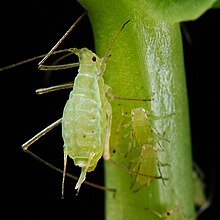In preparation for our trip I'd like you to take some time and look at what the museum has to offer, and make some decisions about what you would like to see. There are some special exhibits the museum is hosting, including a really interesting looking one called The Power of Poison. These are temporary installations, so you most likely won't have a chance to see them if you visit the museum again. Then there are the permanent exhibits:
- Biodiversity and Environmental Halls
- Earth and Planetary Sciences Halls
- Birds and Reptiles and Amphibians Halls
- Fossil Halls
- Rose Center for Earth and Space
- Theodore Roosevelt Memorial
- Mammal Halls
- Human Origins and Culture Halls
Within each of these exhibits are various halls that explore one specific topic. Some exhibits, like the Fossils and Human Origins have many many different halls to explore - and you could spend the entire day just viewing those.
Take some time and explore the exhibits on the AMNH website, and using the interactive floor plan, decide what it is you would most like to see while you're at the museum. I will ask each person attending the trip to give me a top 5 list of specific halls (not just the ones listed above) / exhibits they would like to see. I will try to match you up with people with similar interests for the day of the trip, so that you get to see as many of your top choices as possible.
I was lucky enough to grow up near the museum, and I spent a lot of great days there, so if you have any questions for me fire away. What are my favorite exhibits? That's really tough to say - my favorites have changed over the years, but the fossil halls, especially the Hall of Saurischian Dinosaurs and the Hall of Ornithischian Dinosaurs, and the Rose Center have consistently remained favorites throughout my life.





